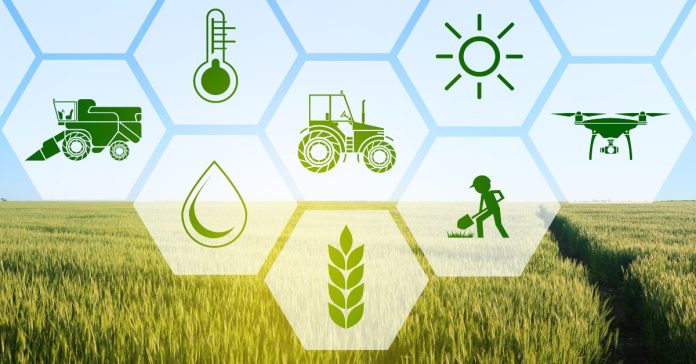The remarks by the President of the National Academy of Agricultural Sciences underscore a critical need for revitalising India’s agricultural research and education system. His assertion that every rupee invested in agricultural R&D yields a thirteen-fold return is a compelling argument for increased investment in this sector. As the NDA Government charts its course for the next hundred days and beyond, prioritising agricultural research and innovation can catalyse a transformation that addresses current challenges while paving the way for a sustainable and globally competitive agricultural sector. India’s agricultural sector is besieged by numerous challenges: high cultivation costs, low productivity, climate change impacts, soil degradation, and pest infestations. These issues are further exacerbated by volatile markets and dwindling natural resources. The declining share of agriculture in the GDP, now at 19.2%, signals a troubling trend of decreasing reliance on farming as a livelihood, pushing many farmers towards non-agricultural employment. Call to overhaul the agricultural research and education system comes at a crucial time. His vision of transforming Indian agriculture into a globally competitive and sustainable entity is both timely and necessary. The potential returns on investment in agricultural R&D present a powerful incentive for stakeholders to act decisively.
To address these pressing challenges, emphasis should be placed on high-impact research, particularly in areas that promote diversification and enhance resilience to climate change. Developing climate-resilient crop varieties, reducing carbon, nitrogen, and energy footprints, and integrating alternative technologies are vital strategies. The focus on diversification can mitigate risks associated with monoculture, enhance soil health, and increase farmers’ income through the cultivation of high-value crops and livestock. Moreover, addressing post-harvest losses and promoting value addition are critical components of this transformation. By improving the efficiency of supply chains and processing infrastructure, India can significantly reduce waste and enhance the profitability of agricultural produce. This not only benefits farmers but also contributes to food security and the overall economy.
The integration of modern technologies such as Information and Communication Technology (ICT), Artificial Intelligence (AI), Geographic Information Systems (GIS), and genome editing can revolutionise agricultural practices. These technologies offer precision farming solutions, better resource management, and innovative breeding techniques that can lead to higher yields and better-quality produce. AI and machine learning algorithms can analyse vast amounts of data to predict weather patterns, pest infestations, and optimal planting times, thereby enabling farmers to make informed decisions. GIS technology can assist in mapping soil health and identifying the best areas for specific crops, while genome editing can accelerate the development of crop varieties that are resistant to diseases and adaptable to changing climate conditions.
As incomes rise, there is an increasing demand for high-quality, nature-friendly food. This trend presents an opportunity to shift towards sustainable farming practices that not only meet consumer demand but also preserve the environment. Organic farming, agro-forestry, and regenerative agriculture are examples of practices that can enhance biodiversity, improve soil health, and reduce the ecological footprint of agriculture. There is a need for cooperation across various partners, including Government agencies, research institutions, private sector players, and farmers. Collaborative efforts can drive innovation, disseminate knowledge, and ensure the effective implementation of new technologies and practices. Increasing funding for agricultural R&D and enhancing the quality of manpower in the sector are also essential for achieving these goals.
The Government’s commitment to transform the agricultural sector is evident in its 2047 target and the action points laid out to achieve this vision. This long-term strategy reflects a recognition of the fundamental role that agriculture plays in the country’s economy and the well-being of its population. With a major overhaul by investing in R&D, leveraging modern technologies, and promoting sustainable practices, India can address the current challenges and unlock the potential for a more profitable and resilient agricultural sector. The focus must remain steadfast on innovation, collaboration, and sustainability to achieve a thriving agricultural sector that benefits all.


